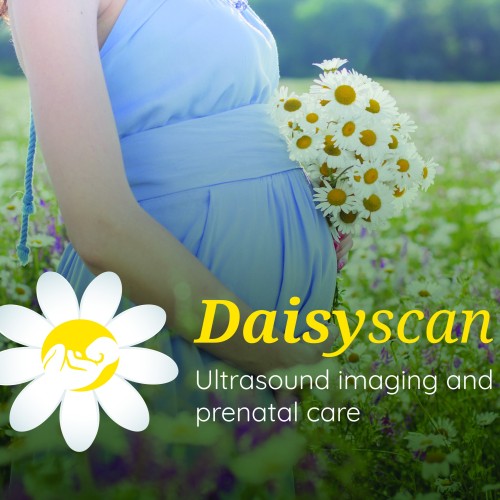
posted 12th September 2024
Is Bleeding or Spotting Normal in Pregnancy?
Vaginal bleeding, particularly in early pregnancy, can happen and isn’t always a sign of a serious issue. Causes may include cervical changes, or less commonly, miscarriage or ectopic pregnancy. In later stages, it could result from placental issues or infections. While some bleeding can be normal, you should immediately contact your healthcare provider if you experience bleeding along with pain, dizziness, or other severe symptoms, as it could indicate complications that need to be addressed.
Headaches During Pregnancy
Headaches are fairly common during pregnancy and typically improve after the first trimester. Paracetamol is generally safe to take, but always consult a healthcare professional first. Staying hydrated, getting plenty of sleep, and resting can help prevent headaches. However, if you experience a very severe headache, changes in vision, severe pain below your ribs, vomiting, or sudden swelling, these could be signs of pre-eclampsia, and you should seek immediate medical advice.
Swelling During Pregnancy
Gradual swelling in the legs, ankles, feet, and fingers is typical during pregnancy due to fluid retention. This swelling tends to get worse later in the day or as your pregnancy progresses. To reduce swelling, try to avoid standing for long periods, wear comfortable shoes, elevate your feet, and stay hydrated. Gentle foot exercises may also help.
Shortness of Breath
Breathlessness is common in pregnancy, especially in the first and second trimesters, and is usually harmless. It can be managed by staying upright and doing light exercises such as walking. If breathlessness is accompanied by tiredness and palpitations, it may indicate low iron levels, so it’s best to consult your midwife.
Leg Cramps
Leg cramps, especially at night, are common in the later stages of pregnancy. Stretching, massaging, or gently pulling your toes towards your ankle can help ease the pain. Gentle, regular exercises that improve circulation may help prevent cramps.
If you have any concerns during your pregnancy, it’s important to consult your healthcare provider to ensure the well-being of both you and your baby.


